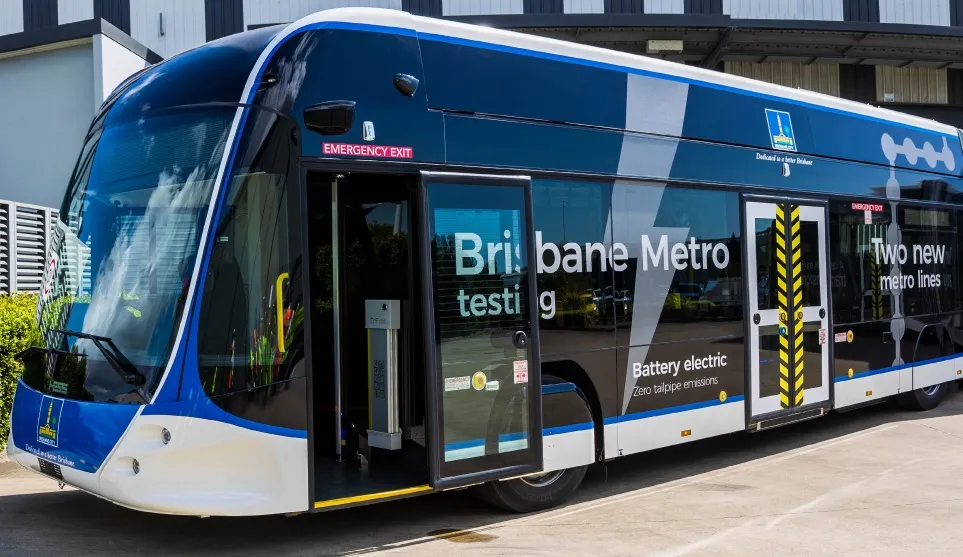SIMalliance, the global not-for-profit industry association which simplifies secure element (SE) implementation, has published the first release of its Open Mobile API Test Specification (v0.9) for public consultation and it is using CARTES 2013 to ask “mobile industry stakeholders with an interest in the Open Mobile API to post their comments on the document which will be made available online from the SIMalliance website.”
And, it says, “the Open Mobile API Test Specification is particularly relevant to
November 19, 2013
Read time: 2 mins

SIMalliance, the global not-for-profit industry association which simplifies secure element (SE) implementation, has published the first release of its Open Mobile API Test Specification (v0.9) for public consultation and it is using CARTES 2013 to ask “mobile industry stakeholders with an interest in the Open Mobile API to post their comments on the document which will be made available online from the SIMalliance website.”
And, it says, “the Open Mobile API Test Specification is particularly relevant to mobile network operators (MNOs), device manufacturers and developers. The consultation period will run until end of November.”
The Open Mobile API Test Specification v0.9 was developed by SIMalliance in response to industry demand for increased standardisation in the way that the Open Mobile API Specification is implemented globally.
The Open Mobile API Specification, now at v2.04, enables mobile applications to access all types of SE in the handset and is widely used across the world; it is referenced in the GSMA’s NFC Handset APIs & Requirements document and is currently implemented in more than 100 models of Android (NFC) phones globally.
The specification is freely available from the SIMalliance website.
And, it says, “the Open Mobile API Test Specification is particularly relevant to mobile network operators (MNOs), device manufacturers and developers. The consultation period will run until end of November.”
The Open Mobile API Test Specification v0.9 was developed by SIMalliance in response to industry demand for increased standardisation in the way that the Open Mobile API Specification is implemented globally.
The Open Mobile API Specification, now at v2.04, enables mobile applications to access all types of SE in the handset and is widely used across the world; it is referenced in the GSMA’s NFC Handset APIs & Requirements document and is currently implemented in more than 100 models of Android (NFC) phones globally.
The specification is freely available from the SIMalliance website.










